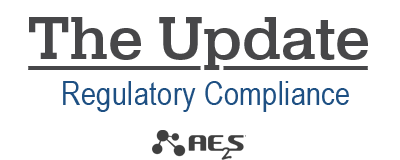The U.S. Environmental Protection Agency (USEPA) released a new resource to help States and Tribes maximize participation, simplify implementation, and reduce costs associated with hosting public hearings related to adopting new or revising existing water quality standards (WQS).
“Public participation is an important part of decision making on water quality standards,” says David Ross, USEPA Assistant Administrator for Water. “EPA’s new resource helps bring public engagement on water quality standards into the 21st century.”
The Clean Water Act (CWA) requires States and authorized Tribes to hold public hearings for the purposes of reviewing and adopting new or revised WQS. USEPA’s new Modernizing Public Hearings for Water Quality Standard Decisions Consistent with 40 CFR 25.5 document outlines 12 suggestions for how States and Tribes can incorporate technology into public hearings in a way that modernizes the process and is also consistent with meeting Federal requirements. For example, the resource recommends using online public hearings via web conferencing. This approach facilitates greater public participation by saving participant time and money related to travel while also more effectively using public engagement resources of States and Tribes.
The document does not impose any new requirements on States or Tribes. It makes clear that States and Tribes have the discretion to decide whether and to what extent to use technology in their WQS public hearings, as deemed appropriate.

